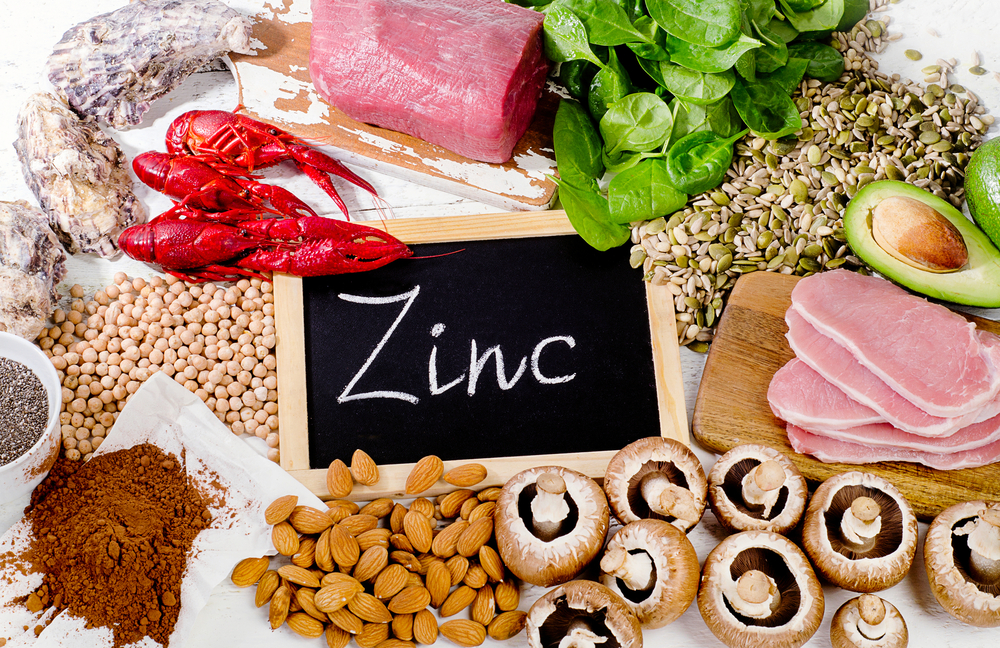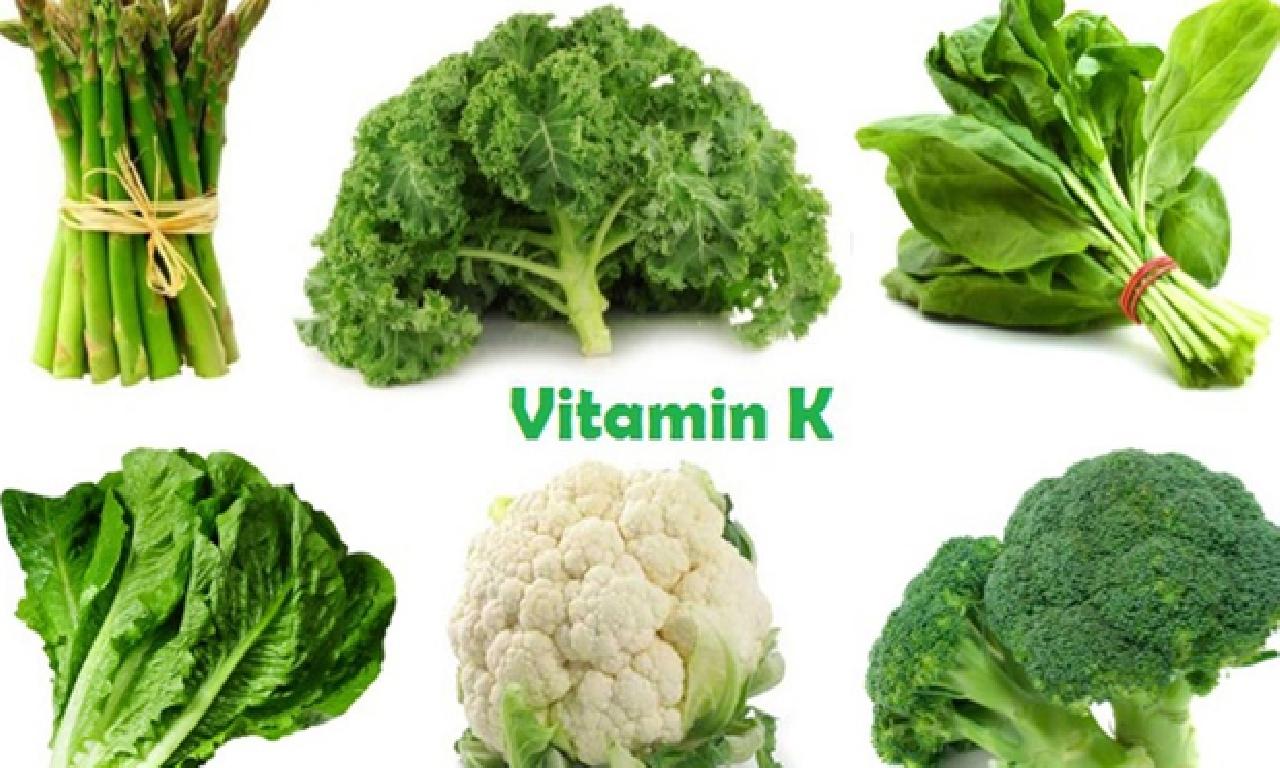Introduction
Iron is an essential mineral that plays a vital role in maintaining good health and overall well-being. It is crucial for various bodily functions, from oxygen transport to energy production and immune support. In this comprehensive guide, we will explore the many benefits of iron, from its impact on red blood cell production and oxygen delivery to its role in cognitive function, immune health, and more. By the end of this guide, you will have a deep understanding of the importance of iron and how to ensure you receive the benefits of this essential mineral.
Understanding Iron
Before diving into the benefits, it is crucial to understand what iron is and its various forms. This chapter will provide insights into:
What is Iron? An introduction to iron, its chemical properties, and its role as an essential mineral.
- Types of Iron: The different forms of iron, including heme and non-heme iron.
- Dietary Sources: Common food sources of iron, both heme and non-heme.
- Recommended Daily Intake: The recommended daily allowance of iron for different age groups and populations.
Iron and Red Blood Cell Production
One of the primary benefits of iron is its role in red blood cell production. In this chapter, we explore
- Hemoglobin and Myoglobin: The significance of hemoglobin and myoglobin in transporting oxygen in the body.
- Iron-Deficiency Anemia: The consequences of iron deficiency and how it relates to anemia.
- Effects of Iron on Blood Cells: How iron supports the production of healthy red blood cells.
Oxygen Transport and Cellular Respiration
Iron is essential for oxygen transport and cellular respiration, key processes for energy production. In this chapter, we delve into:
- Oxygen Binding: How iron facilitates the binding of oxygen to hemoglobin in the lungs.
- Cellular Respiration: The role of iron in the electron transport chain and ATP production.
- Energy Levels: How iron influences overall energy levels and vitality.
Cognitive Function and Development
Iron plays a critical role in cognitive function and brain development, especially in children. In this chapter, we explore:
- Iron in the Brain: The presence of iron in the brain and its impact on neurotransmitter function.
- Cognition and Memory: How iron supports cognitive processes, including memory and learning.
- Development in Children: The importance of iron in cognitive development in infants and children.
Immune System Support
Iron is essential for a healthy immune system. In this chapter, we delve into
- Iron and Immunity: How iron contributes to the body’s defense against infections and diseases.
- Iron-Regulated Proteins: The role of iron in regulating immune responses.
- Iron Deficiency and Immunity: The potential consequences of iron deficiency on the immune system.
Wound Healing and Tissue Repair
Iron is a key player in the body’s ability to heal and repair damaged tissues. In this chapter, we explore
- Collagen Production: How iron influences the production of collagen, a crucial protein in wound healing.
- Cell Proliferation: The role of iron in supporting the growth and repair of cells and tissues.
- Wound Healing: The potential impact of iron on the speed and effectiveness of wound healing.
Iron Supplements and Dietary Considerations
To make the most of the benefits of iron, it’s important to consider supplementation and dietary choices. In this chapter, we provide practical advice, including:
- Iron Supplements: Information on iron supplements, their types, and potential side effects.
- Dietary Sources: A comprehensive list of foods rich in iron and dietary strategies to optimize iron intake.
- Iron Absorption: Factors that enhance or inhibit iron absorption, including vitamin C and phytates.
Iron Overload and Risk Factors
While iron is crucial for health, excessive iron levels can lead to health issues. In this chapter, we explore:
- Iron Overload Diseases: Conditions like hemochromatosis and their implications for iron overload.
- Risk Factors: Genetic, dietary, and lifestyle factors that may increase the risk of iron overload.
- Managing Iron Levels: How to monitor and manage iron levels, especially in at-risk populations.
Conclusion
iron is an essential mineral that provides a wide range of benefits, from supporting red blood cell production and oxygen transport to enhancing cognitive function and immune health. To unlock the power of iron, it is important to maintain a balanced and healthy diet, consider dietary sources, and address any deficiencies through supplementation when necessary. By prioritizing iron as part of a well-rounded approach to nutrition, individuals can ensure they receive the myriad benefits of this indispensable mineral.
- A Comprehensive Guide to Crafting a CBD Elderberry Smoothie - November 4, 2023
- Cordyceps Functional Mushrooms: A Comprehensive Guide to Their Benefits - November 4, 2023
- Chaga Functional Mushrooms: A Comprehensive Guide to Their Benefits - November 4, 2023




